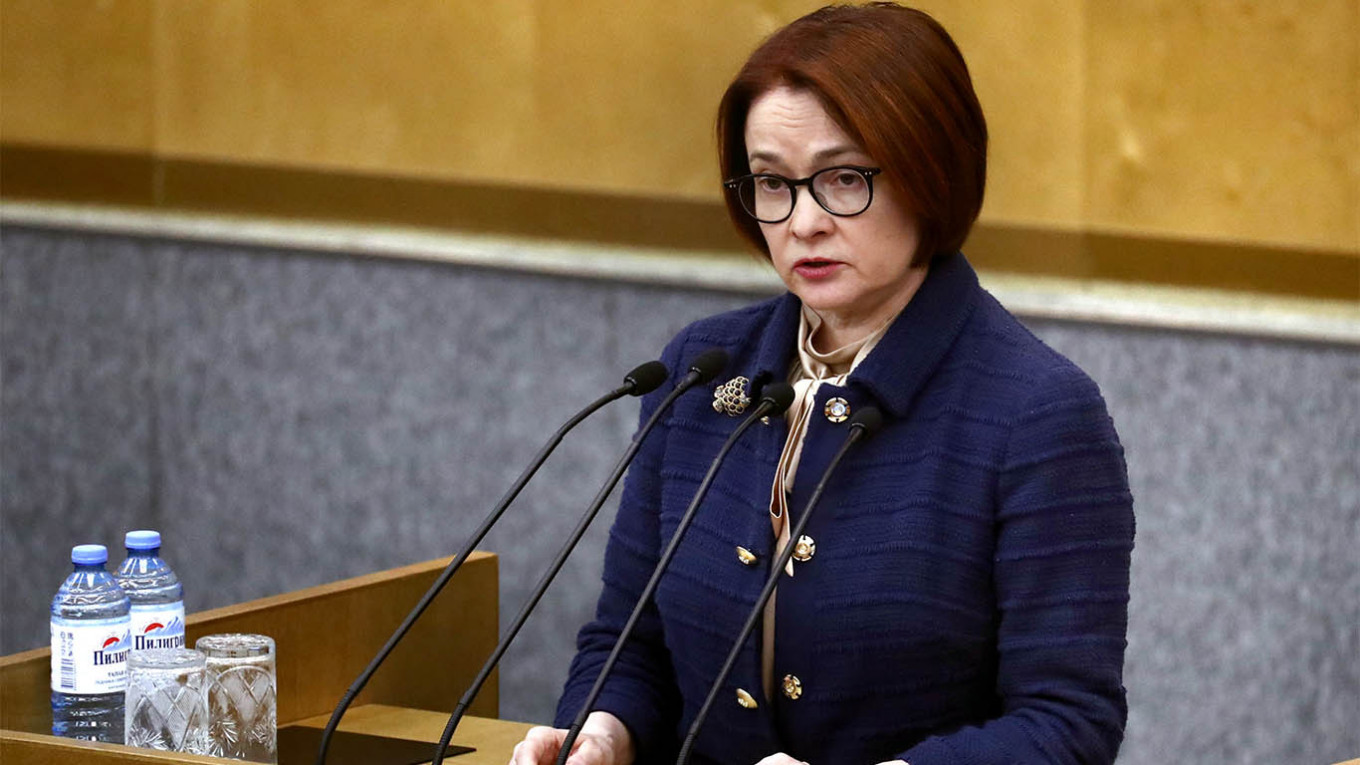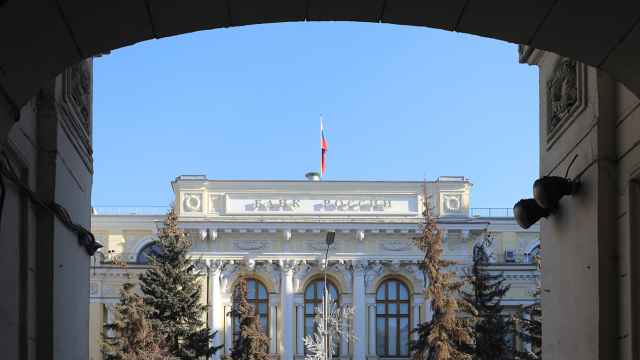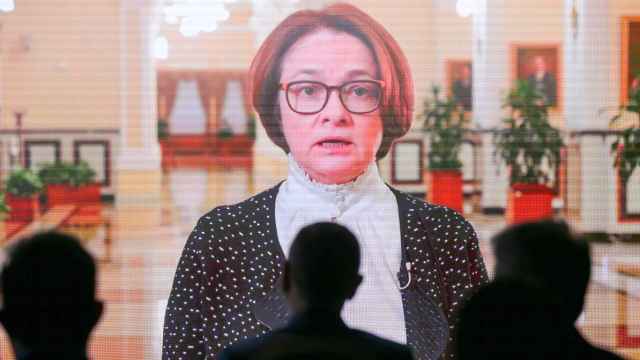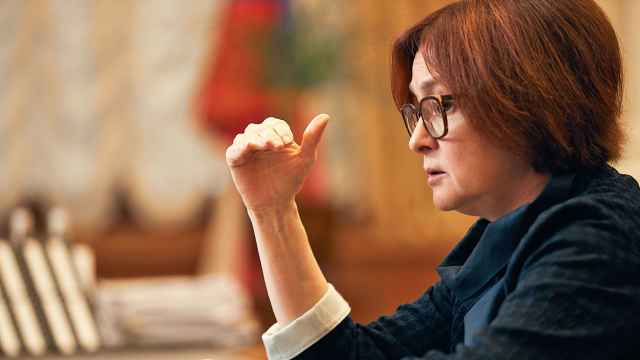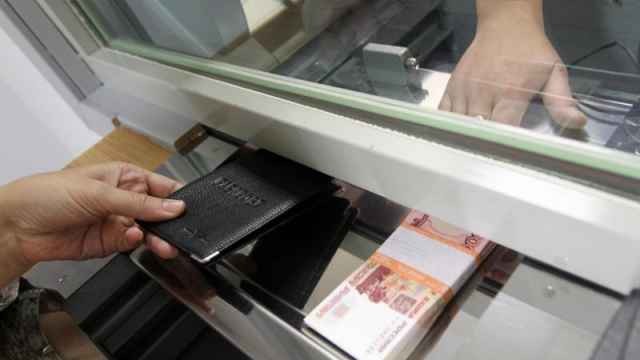Russia’s Central Bank could cut interest rates in a bid to soften the economic damage of the coronavirus, governor Elvira Nabiullina signalled Friday.
The Central Bank said there had been a “sharp deterioration in the situation in the global economy” in recent weeks, and added that it expected “global GDP in the second quarter to decrease significantly.”
Commenting on the extension of a nationwide holiday announced by President Vladimir Putin on Thursday, Nabiullina said: “These measures, which are absolutely necessary to combat the epidemic will, unfortunately, inevitably have a negative effect on the economy.”
“The consequences of restrictive measures on aggregate demand … are likely to be longer-lasting and this will be a significant factor of disinflation. Given the development of the situation under this scenario and the stability of the financial markets, we see some potential for reducing the key interest rate during 2020.”
Interest rates are currently at 6%, having been heavily cut over 2019 as inflation fell below the bank’s 4% target. The crash in the value of the ruble this year has already led to an increase in inflation, which is expected to surge past the 4% threshold during the coming months. However, Nabiullina dismissed ideas that such dynamics could tempt the bank to raise interest rates — the standard response by central banks to accelerating inflation — saying the rise would be “short-term, and without significant secondary effects.”
Last time the ruble experienced sharp volatility in 2014, the Central Bank hiked rates to 17% in a bid to shore up the currency, but analysts say Russia’s new financial tool kit introduced after that crisis means such extreme measures are unnecessary this time around. Central to the bank’s response over the last month has been a strengthening of the so-called fiscal rule which sees Russia selling its foreign currency reserves when oil prices are low, thereby providing support to the ruble.
The Central Bank has so far not altered interest rates in response to the economic fallout from the coronavirus pandemic. At the last rate-setting meeting in March, Nabiullina adopted a wait-and-see approach, stating that the possibility of both a rate hike and a cut were on the table.
As the economic impact has intensified, economists now expect the Nabiullina will be forced to step up her measures to support the economy.
“We had expected Russia’s economy to contract by 5% quarter-on-quarter in the second quarter, and the economy to be less vulnerable to social distancing measures than other emerging markets,” Liam Peach, an economist at Capital Economics told The Moscow Times.
“But the extension of the nationwide holiday means that activity will grind to a halt and the hit to the economy will be a lot worse. This will put further pressure on policymakers to ease policy with aggressive interest rate cuts and a larger fiscal support package for households and businesses.”
Kirill Tremasov, head of research at Loko Invest said: “The signal to the market on rates is transparent. The Bank will not rush, but the next movement will definitely be down.”
The Central Bank’s next rate-setting meeting is on April 24.
A Message from The Moscow Times:
Dear readers,
We are facing unprecedented challenges. Russia's Prosecutor General's Office has designated The Moscow Times as an "undesirable" organization, criminalizing our work and putting our staff at risk of prosecution. This follows our earlier unjust labeling as a "foreign agent."
These actions are direct attempts to silence independent journalism in Russia. The authorities claim our work "discredits the decisions of the Russian leadership." We see things differently: we strive to provide accurate, unbiased reporting on Russia.
We, the journalists of The Moscow Times, refuse to be silenced. But to continue our work, we need your help.
Your support, no matter how small, makes a world of difference. If you can, please support us monthly starting from just $2. It's quick to set up, and every contribution makes a significant impact.
By supporting The Moscow Times, you're defending open, independent journalism in the face of repression. Thank you for standing with us.
Remind me later.


